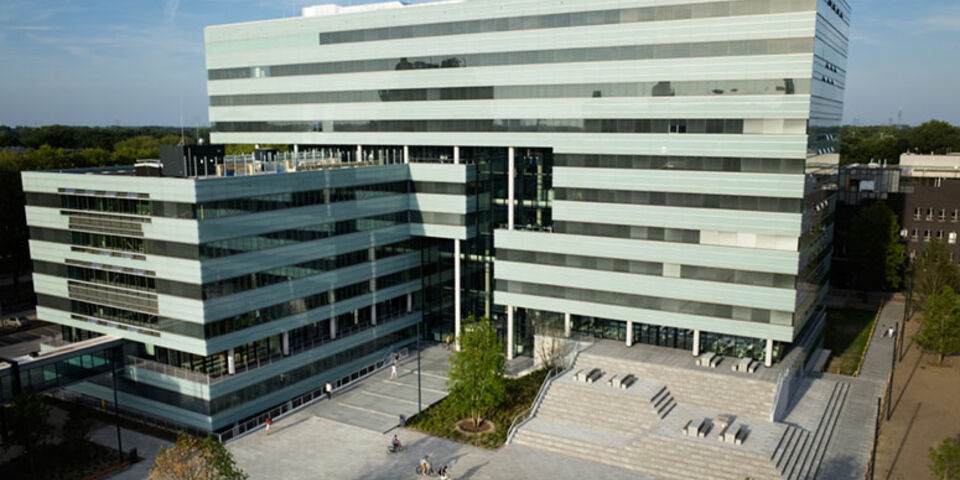Applied Physics faces far-reaching reorganization
The Department of Applied Physics needs to make significant savings: one million euros on a total annual budget of nine million. This was announced last week Wednesday by Departmental Dean Gerrit Kroesen at a staff meeting. The draft reorganization plan must be ready by the end of November and, says Kroesen, compulsory redundancies cannot be ruled out. The Departmental Council is holding talks today with the Departmental Office.
At the start of the calendar year there were still signs, according to Kroesen, that the department would get back on its feet in 2018, “but a few weeks ago, once the figures had been calculated, that turned out not to be the case. We are heading for a shortfall of almost one million euros in 2018. If the department is to become fit for the future, it is unavoidable that we reorganize.”
The shortfall can be attributed in the main, say Kroesen, to the still reverberating effects of the loss of the FES funds (natural gas revenues invested in research), and the inability to plug the gaps this created. The growth of the number of first-years at TN, and the revenues this generates, are not enough to compensate the losses.
“We have seen the number of doctorates conferred fall by 25 percent, from forty to thirty a year,” says the Dean. “The Impuls Regulation that encourages cooperation with industry in this area, and which has been a great help to many departments, isn't working for us. It has generated only a handful of extra PhD positions. The fact is that we are less of an engineering department than, say, Electrical Engineering or Mechanical Engineering, where the regulation has been successful.”
“The largest shortfalls are currently developing in relation to three groups within the department and these groups will also be where the toughest decisions must soon be taken,” says Kroesen. Which groups these are, he isn't yet ready to divulge. “In addition, we are seeking to implement cost-cutting measures in the Departmental Office and in the group of secretaries and auxiliary technical staff."
Solidarity
Kroesen refers to the speech he had to give employees on Wednesday as “one of the most difficult of my life. But we really need to reorganize, and do it now, because otherwise we'll also strain the solidarity, which is very strong in this department.”
This coming week, the Departmental Board will hold talks with the Departmental Council and the unions. At the end of November the Board plans to present the draft version of the reorganization plan. “By the start of 2018 it must be clear who will be most affected by this reorganization,” says Kroesen. “The discussions with the chairpersons of the three loss-making groups will undoubtedly be tough ones. In view of the amount that needs to be saved, compulsory redundancies cannot be ruled out.”
The Departmental Council has let it be known through Reinoud Lavrijsen, assistant professor at the Physics of Nanostructures group, that it is not pleased that the board has already announced that the painful burden will be carried mainly by three groups.
Lavrijsen: “We feel it is very premature that goalposts are already being placed and only the figures are being taken into consideration. The Departmental Council recognizes the need to reorganize, but we want to be able to conduct an open discussion on the topic with the Board today, with sufficient room for maneuver. Which means not only looking at the figures, but also considering what, from a strategic perspective, the best long-term solution is for the department.”
Kroesen expects the reorganization to be completed by September 2018, “but in the meantime we will have to consider carefully how we can generate more contract research funding, i.e. funding for research conducted in cooperation with industry”.


Discussion